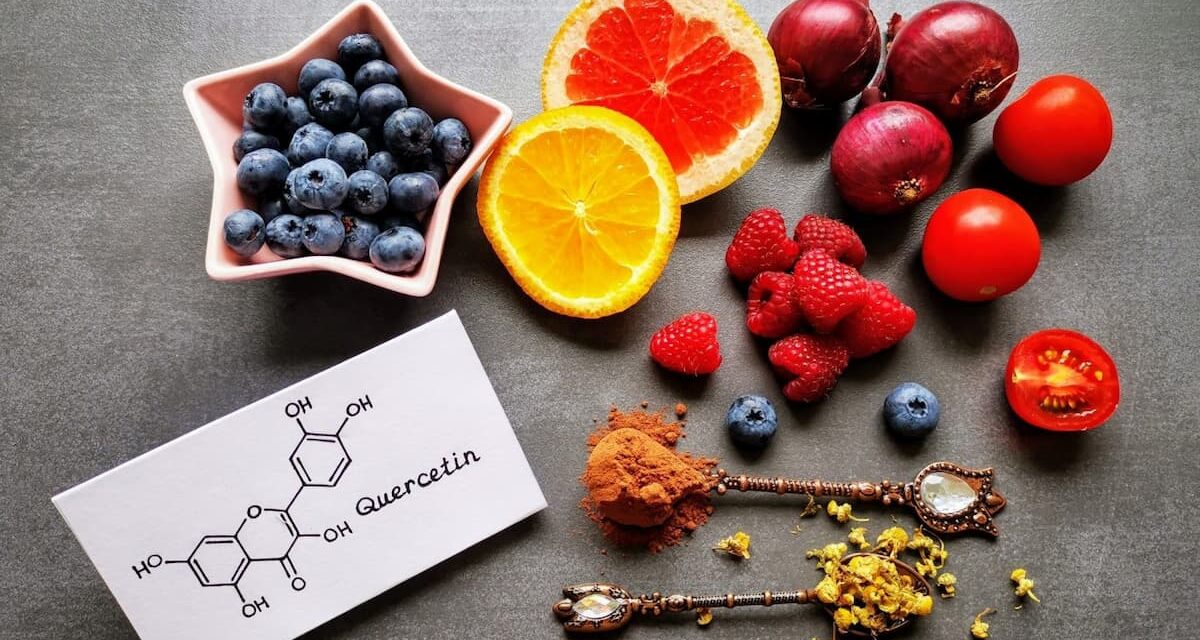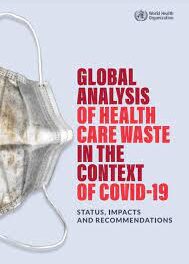Published in the journal Cancer Screening and Prevention, a recent review highlights dietary changes that could play a critical role in cancer prevention.
Cancer, a multifaceted disease, continues to impose a substantial health burden worldwide. Given the challenges of treating cancer, especially when detected at later stages, prevention strategies have become paramount. A new study published in Cancer Screening and Prevention offers a comprehensive review of dietary guidelines aimed at preventing this frequently lethal disease.
The Role of Diet in Cancer Prevention
“Diet and supplements significantly impact the causes and prevention of cancer,” the study authors assert. Despite decades of epidemiological research, inconsistencies in how specific dietary factors are linked to cancer prevention have limited firm conclusions. However, the study attempts to synthesize current knowledge to guide dietary choices for cancer prevention.
Factors Increasing Cancer Risk
The scientific consensus highlights several dietary factors that increase cancer risk, including obesity, high-calorie foods, sugary beverages, and processed products. Obesity alone is linked to 14 percent of cancer deaths in men and 20 percent in women. Specific items such as red meat, alcohol, and aflatoxins are also associated with various cancer types.
Fruits, Vegetables, and Whole Grains: Key Players in Cancer Prevention
Conversely, a diet rich in fruits, vegetables, and whole grains appears to play a major role in cancer prevention. These foods are packed with vitamins and micronutrients, such as vitamin B12, C, D, selenium, folic acid, and carotenoids, which have been shown to prevent carcinogenic tumors and enhance overall health. However, indiscriminate use of dietary supplements can be dangerous.
Plant Extracts and Cancer Prevention
A promising direction in cancer prevention research is the use of plant extracts, particularly polyphenols found in fruits, vegetables, and nuts. Polyphenols, including flavonoids and phenolic acids, have been found to have toxic effects on cancer cells, limiting tumor growth and inducing apoptosis.
“The main polyphenols found in plants, such as flavonoids and phenolic acids, make up about 30% and 60% of all naturally occurring polyphenols, respectively,” noted the researchers. These compounds exhibit protective actions including cell cycle signaling modification, activation of antioxidant enzymes, apoptosis, and cell cycle arrest, making them effective chemopreventive agents.
Protective Effects of Polyphenols
According to the study, polyphenols help repair cells, possess anti-inflammatory properties, and reduce excessive free radical formation in the body, which is a key mechanism of action of cancer cells. The antioxidants present in fruits, vegetables, and nuts play a significant role in these protective effects.
Connecting Diet and Cancer Prevention
Data from epidemiological, preclinical, and clinical research have significantly contributed to understanding the link between diet and cancer prevention. However, there is still limited understanding of the fundamental relationship between diet and cancer prevention. Moreover, dietary supplements should be administered with caution, as they may have negative effects if used indiscriminately.
Lack of Conclusive Evidence
“Cancer research is challenging, and determining the true impact of just one factor is difficult because several lifestyle factors also influence cancer risk,” the study authors noted. Currently, no conclusive evidence supports any single dietary regimen for lowering cancer risk. However, general dietary modifications have been shown to have a positive impact on cancer prevention.
The study concludes that while diet and dietary supplements allow cancer patients to actively participate in their care, it is crucial to ensure patients are aware of the risks of forgoing proven conventional treatments. The ongoing research and findings underline the importance of a balanced diet and the potential benefits of specific dietary choices in reducing cancer risk.











